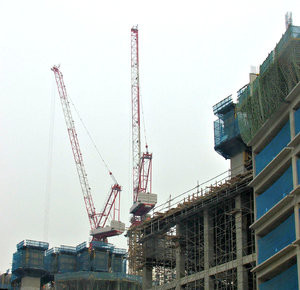In Boston, a worker injured on the job is entitled to workers’ compensation benefits so long as they are an employee within the meaning of the the workers’ compensation act found in Chapter 152, Section 1 of the Massachusetts General Laws (M.G.L). The question that often arises is whether the worker was actually on-the-job at the time of the injury. This can be even more complex when the employee is given a company-owned vehicle or when the injury occurs in the parking lot of the worker’s place of employment.
In the context of company-owned vehicles, some jobs offer the “benefit” of a take home car, meaning the employee can drive the business’s car home at the end of a shift and take it back the next day. This is not so much a “company car” as we see on TV with high-paying jobs, but more like a police car or other type of service vehicle.
 According to a recent news article from NECN, a worker employed by the City of Boston was sitting in a vehicle owned by his employer, the city, when someone approached and shot him. Authorities have said the injured worker was in his neighborhood at the time of the shooting on his way to work and is a 54-year-old man who works for Department of Public Works (DPW). Continue reading
According to a recent news article from NECN, a worker employed by the City of Boston was sitting in a vehicle owned by his employer, the city, when someone approached and shot him. Authorities have said the injured worker was in his neighborhood at the time of the shooting on his way to work and is a 54-year-old man who works for Department of Public Works (DPW). Continue reading
 Massachusetts Workers Compensation Lawyers Blog
Massachusetts Workers Compensation Lawyers Blog





